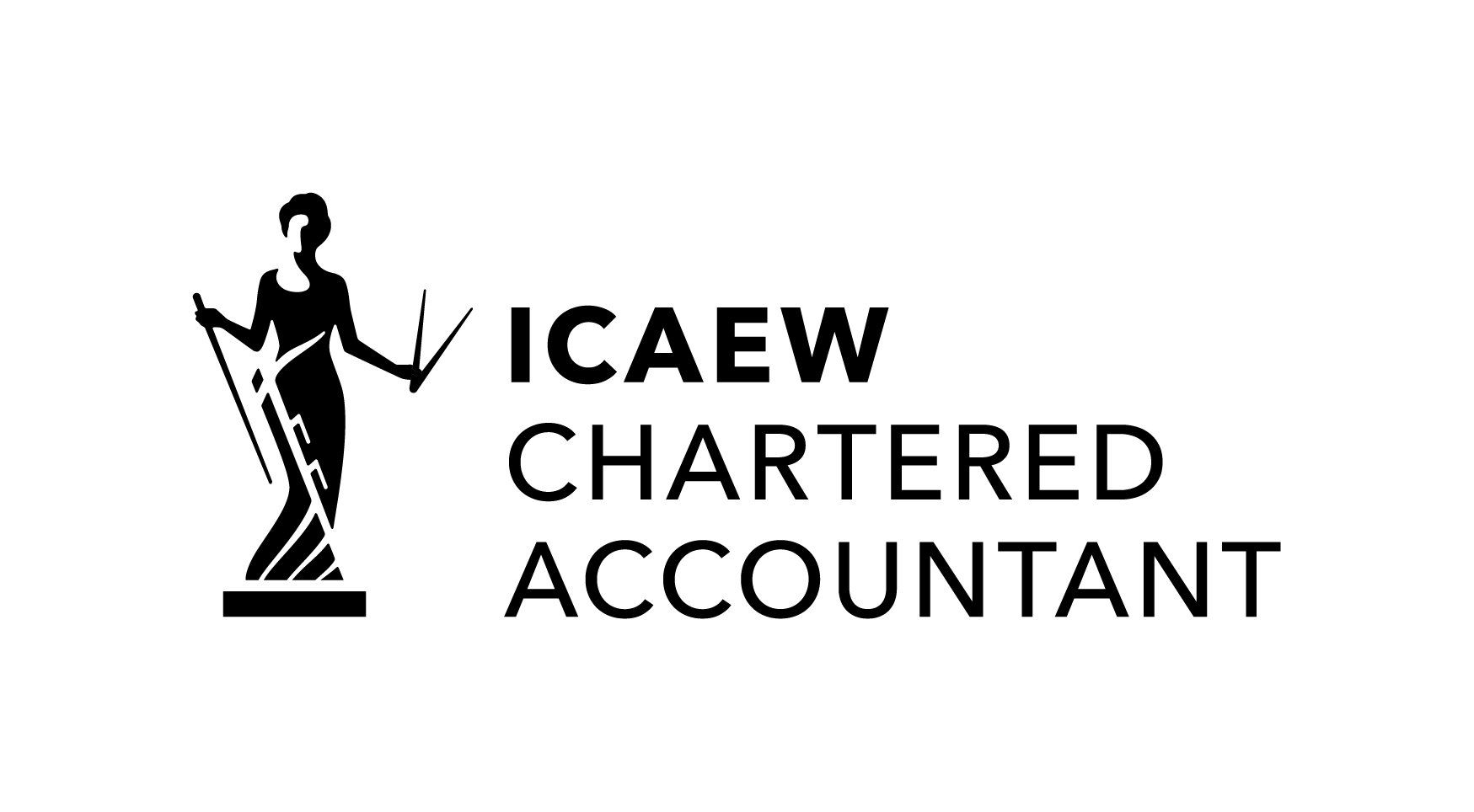Moving resilient to brilliant
Blog Layout
Edinburgh students lead the way in Socially Responsible Investing
Karolina Zentrichová • November 8, 2020
Be alert to 'greenwashing'
If you want change to happen then often you must do it yourself.
Karolina Zentrichová, is one of many young people in their 20s wanting to invest in funds that are intent on delivering positive social change. Karolina’s gives us her thoughts on how this is working for her at the University of Edinburgh and how Prosper Social Finance wants to make the world of investment more compassionate and responsible.
“I started working with Prosper Social Finance because I was interested in the rapidly growing field of sustainable investing and relished the opportunity at Edinburgh to get actively involved in it. Prosper Social Finance is the first SRI fund in the UK that is run exclusively by students: each semester a new cohort of student analysts is guided through a comprehensive training program, learning about socially responsible investment, ESG and financial analysis. Analysts immediately apply the knowledge and skills they gain, developing an investment proposal and pitching a stock to the fund’s investment panel.
Key facts about Prosper (https://prospersocialfinance.co.uk/):
• Founded in November 2017
• £20,000 pounds currently invested in 18 companies across Europe and North America
• 108 analysts trained as of 2020
• Length of training program: 8 weeks
• Around 47 people currently involved (24 analysts, 2 mentors, 11 senior analysts and 10 management team members)
I was particularly excited about approaching investment analysis from a different angle, with the social impact of investments being viewed both as a way to achieve greater long-term returns on investments, as well as a worthy end in and of itself, rather than something that comes into conflict with the profit objective.
I strongly believe that investment funds, by virtue of having control over the allocation of a significant proportion of financial resources, have huge potential when it comes to tackling the biggest problems we face and improving lives across the globe. Prosper recognizes this and tries to rise to this challenge, implementing a unique investment strategy, with ESG criteria and Prosper’s own core values (Positive Social Impact, Innovation, Collaboration, Transparency and Integrity)
acting as cornerstones when it comes to analysing prospective investments.
While searching for a suitable stock and drafting the investment proposal, I quickly realised that it can be difficult to identify whether a company is truly committed to implementing its ESG targets across the board. While there are many companies driving positive environmental and social change with innovative products and solutions, it was surprisingly challenging to find one that met Prosper’s high ESG standards across all operations.
One area that proved to be a roadblock was the lack of common standards for reporting progress on environmental impact, including commitments to increase energy efficiency, reduce harmful waste and carbon-neutrality targets. Companies can choose a baseline year for comparison and exclude problematic areas when defining targets, allowing them to paint their progress on environmental issues in a better light. An example of this is companies omitting Scope 3 emissions (indirect emissions occurring in the company’s value chain) when talking about emission targets. Due to companies using reporting tricks such as these, it is difficult to look beyond targets and reports to determine which companies are truly committed to their targets and separate them from those that are greenwashing. Being able to consult senior analysts, who pointed out the most common reporting tricks, as well as starting to pick up on them myself over time after reading many reports, made it somewhat easier to approach the reality beneath claims made by companies.
A further area that poses a major challenge to sustainable investment is the lack of supply chain transparency and accountability. Companies’ ESG commitments must apply across their supply chains if they are to be taken seriously, however tracking their sourcing of raw materials and the impact of suppliers in procuring these is extremely difficult, especially given the size and global nature of many companies. At times I felt more akin to an investigative journalist than an investment analyst, as I tried to trace company supply chains and identify any issues occurring at their beginnings.
These challenges only made my work with Prosper more rewarding and solidified my commitment to deepen my involvement in the SRI and ESG fields, as I realise there are still many aspects of the fledgling SRI field that need to be fine-tuned in order for social investing to be truly effective in measuring and achieving positive social impact. Exactly what form this finetuning should take is open to debate. ESG auditors have a key role to play in improving the transparency of company reports
and ensuring ESG claims made by companies are true. Common ESG reporting standards must be implemented
if we are to be able to measure and compare the ESG impact of different companies, although this may create some trade-off resulting from the rigidity of applying one common reporting framework to companies operating in widely different fields. I am looking forward to seeing the impact of the EU’s move to integrate sustainability risk into the MiFID II legislation for the financial service industry, as well as the unveiling of a common ESG framework developed by the Big Four with the World Economic Forum. Such changes should improve transparency within the SRI field, although there is still much to do before the murky waters of ESG reporting become clear. “




